New Ceasefire Holds Across Afghanistan As Eid Begins
A new ceasefire appeared to be holding across Afghanistan on Friday as the Kabul government released more Taliban insurgents in a bid to accelerate the start of delayed peace talks.
The three-day truce, slated for the duration of the Eid al-Adha festival, is only the third official pause in nearly 19 years of war.
While there were no immediate reports of major fighting, an unclaimed car bomb that killed at least 17 people late Thursday highlighted Afghanistan's underlying volatility.
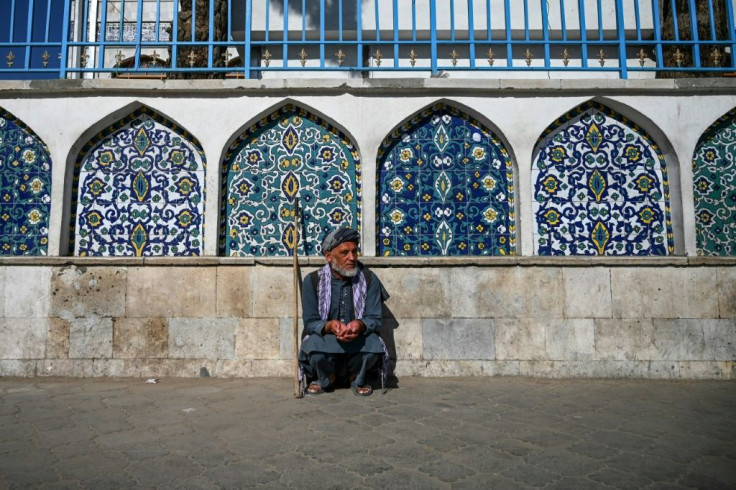
Afghans took advantage of the calm to flock to mosques to offer Eid prayers. In Kabul, armed guards patted down worshippers heading into neighbourhood mosques.
"We want a permanent ceasefire from the Taliban as they are the ones who paved the way for other terrorist groups to operate in Afghanistan," Mohammad Tahir, a taxi driver, told AFP after praying.
Worshippers also offered Eid prayers in the eastern city of Jalalabad, which has seen many deadly attacks over the years.
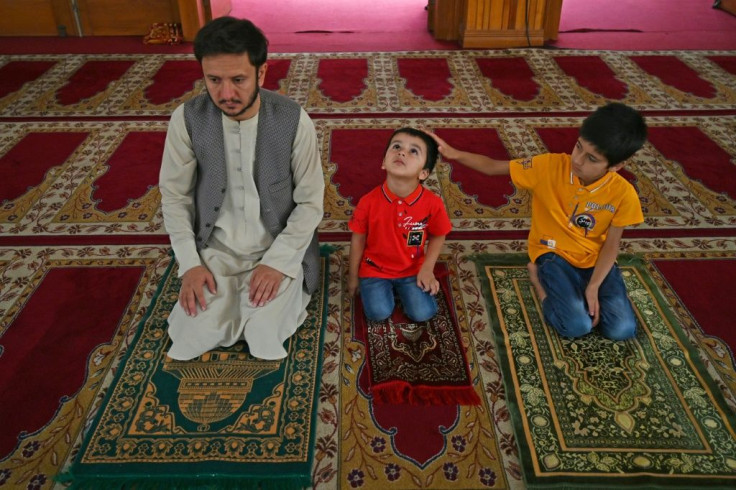
"Previously, we were not attending Eid prayers in large numbers for fear of suicide attacks," Jalalabad resident Wala Jan told AFP.
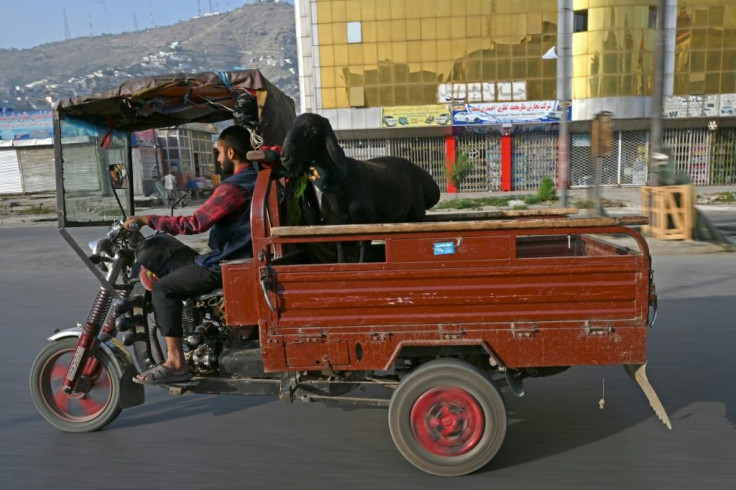
President Ashraf Ghani and the Taliban have both signalled that peace talks could begin straight after Eid, and there are widespread calls to extend the ceasefire.
Under a deal signed by the Taliban and the US in February, "intra-Afghan" talks were slated to start in March, but were delayed amid political infighting in Kabul and as a contentious prisoner swap dragged on.
That swap will see Kabul free 5,000 Taliban fighters, while the insurgents say they have already fulfilled their pledge to release 1,000 government forces.
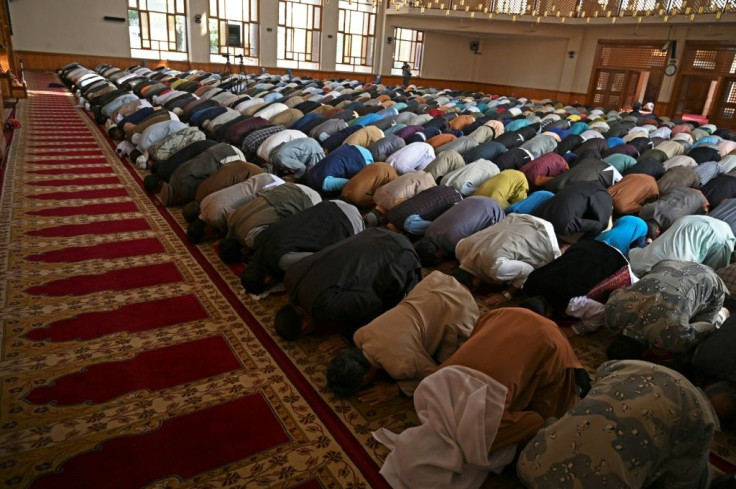
In an Eid speech, Ghani said a final 500 prisoners will be released during the festival in a bid to "accelerate the peace talks".
Late Friday, officials began releasing the inmates, including from Pul e-Charkhi prison near Kabul.
"There were some issues in our country and that is why we joined the Taliban," said one inmate, Nasir, as authorities prepared to release him.
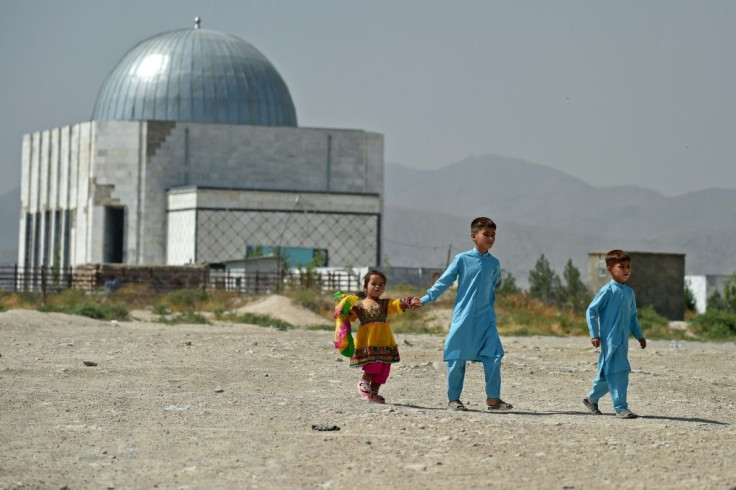
"After my release I will not rejoin the Taliban. I joined once and made a mistake," he told AFP.
Another prisoner, Khodaidad, 25, hoped peace talks would succeed.
"I'm happy about the peace talks ... We want peace, so our people can enjoy peaceful lives," he said as officials processed his release documents.
While Kabul says the release of the 500 Taliban inmates will fulfil its part of the prisoner exchange, the insurgents have said some of those prisoners are not on the original list of 5,000 they demanded.
Ghani said he did "not have the right" to take a decision on the release of those who are accused of "serious crimes" -- including sexual violence, robbery and stoning women to death -- adding that a gathering of Afghan elders would decide their fate.
Since signing the US deal in February, the Taliban have largely refrained from attacking cities and have not hit US troops.
But they have conducted near-daily attacks on Afghan forces and civilians.
Highlighting the recent toll, Ghani this week said more than 3,500 Afghan troops and nearly 800 civilians had been killed since the deal was signed.
Many Afghans are leery about what comes next.
After two previous truces -- in 2018 and May this year -- the Taliban immediately returned to the battlefield.
"The Taliban can't be trusted because they announce ceasefire for Eid and after Eid they step up attacks," said Anwaruddin, 40, a resident from the southern province of Kandahar.
"If the Taliban were serious, they should have entered talks with Afghan government months ago."
Thursday's car bomb exploded as crowds shopped ahead of Eid in the city of Puli Alam in Logar province.
The Taliban said they had "nothing to do" with the blast.
© Copyright AFP 2024. All rights reserved.





















